
Ommatophoca rossii
Ommatophoca rossii,Ross seal, Ross seal
The big-eyed seal (scientific name: Ommatophoca rossii) is named because of ···

Monachus tropicalis
Monachus tropicalis ,Caribbean monk seal,West Indian monk seal
Caribbean monk seal, Monachus tropicalis (Gray, 1850) foreign name Caribbean···
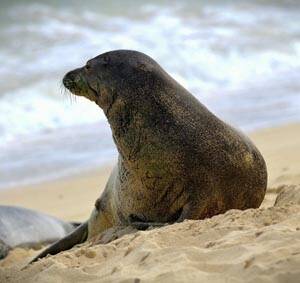
Monachus schauinslandi
Monachus schauinslandi,Hawaiian monk seal
Hawaiian monk seal (scientific name: Monachus schauinslandi) is the only nat···
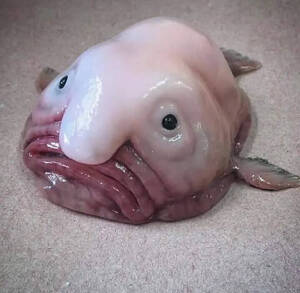
Psychrolutes marcidus
Psychrolutes marcidus,Blobfish,Sad fish, soft-spined sculpin, popper fish
The Latin name of the blobfish is Psychrolutes marcidus, and its foreign nam···
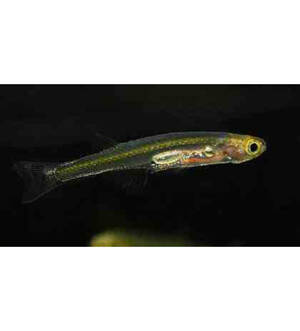
Danionella dracula
Danionella dracula,Toothpick fish
The scientific name of the vampire fish is "Danionella dracula", a···
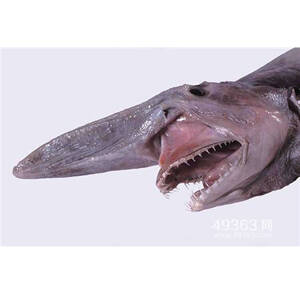
Mitsukurinidae owstoni
Mitsukurinidae owstoni,Goblin shark, Goblin shark, Goblin shark
Owstoni's sharpnose shark (scientific name: Mitsukurinidae owstoni), als···

Monodon monoceros
Monodon monoceros,Narwhal、Unicorn Whale,Narwhal, Lance Whale
The scientific name of narwhal: Monodon monoceros, foreign names Narwhal, Un···
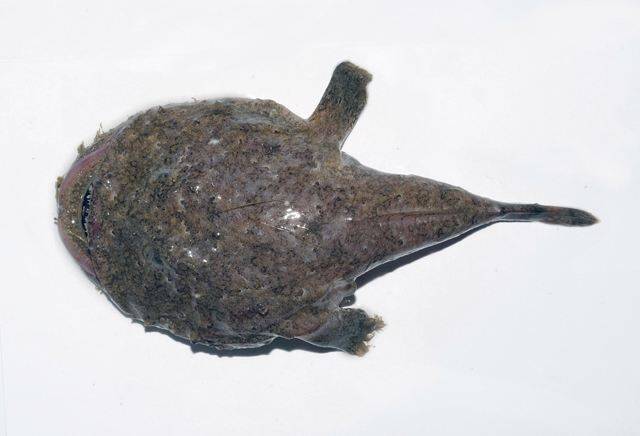
Lophiomus setigerus
Lophiomus setigerus,black-mouth goosefish,Blackmouth anglerfish, stutter fish, anglerfish, toadfish, old man fish
The Latin name of black anglerfish is Lophiomus setigerus (Vahl, 1797), and ···
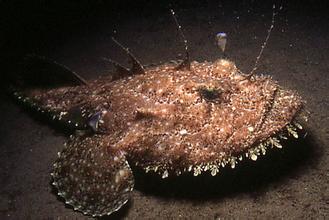
Lophius litulon
Lophius litulon,Toadfish, stutterfish, sea turtle
Yellow anglerfish, whose scientific name is Lophius litulon, is a deep-sea b···
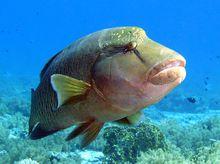
Cheilinus undulatus
Cheilinus undulatus,Giant Wrasse,Napoleon wrasse, wavy parrotfish, curved lip fish, Napoleon bream, dragon king bream, sea bream, big piece
Cheilinus undulatus (scientific name: Giant Wrasse) is a large wrasse with n···
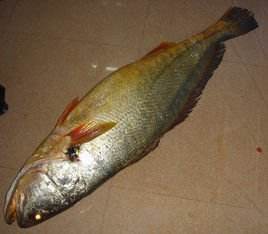
Bahaba taipingensis
Bahaba taipingensis,Chinese Bahaba,Golden money sturgeon, golden money croaker, golden money fierce fish, fish high, big gull, white flower fish, yellow sweet
Chinese Bahaba (scientific name: Bahaba taipingensis) is called Chinese Baha···
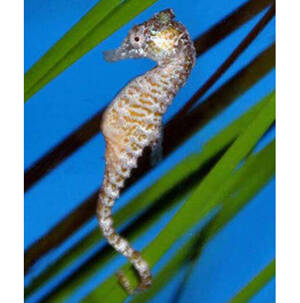
Dwarf Seahorse
Hippocampus zosterae,Dwarf Seahorse
The dwarf seahorse is the smallest of the Syngnathidae and Hippocampus.The d···
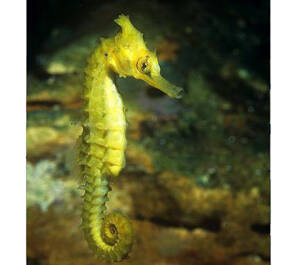
White’s seahorse
Hippocampus whitei,White’s seahorse
White’s seahorse is a species of Syngnathidae in the order Acanthopterygii ···
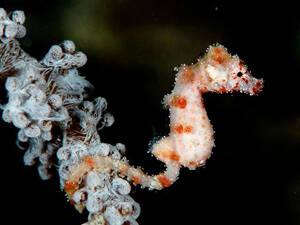
Hippocampus waleananus
Hippocampus waleananus,Wari Island Dwarf Seahorse
Warren's pygmy seahorse, Hippocampus waleananus (M. F. Gomon et Kuiter, ···
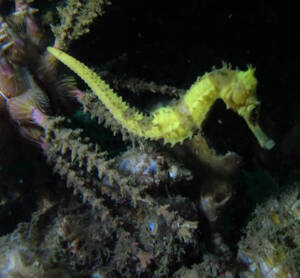
Hedgehog Seahorse
Hedgehog Seahorse,Hippocampus spinosissimus
Hedgehog Seahorse is a fish of the Syngnathidae family and the genus Hippoca···
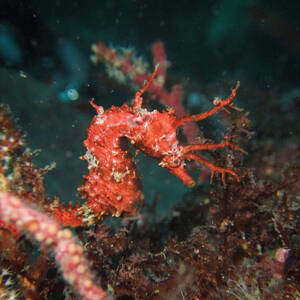
Hippocampus sindonis
Hippocampus sindonis,Sindo's Seahorse,Moss Seahorse,hana tatsu
The Latin scientific name of the flower seahorse Hippocampus sindonis, and t···
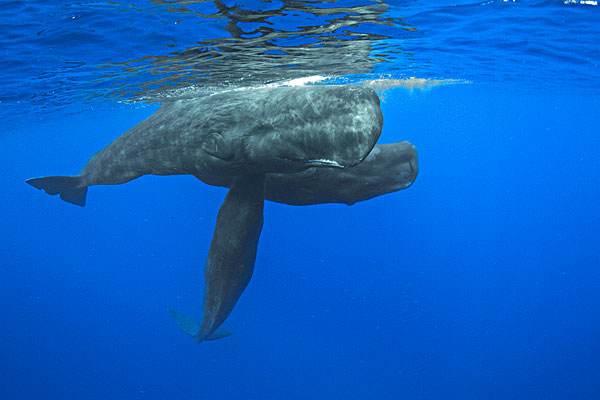
Physeter macrocephalus
Physeter macrocephalus,Sperm Whale, Cachelot, Pot Whale, Spermacet Whale ,Cachalot , Ballena Esperma, Cachalote, Giant Sperm Whale, Kacherat Whale
Sperm Whale, with no subspecies, has the largest brain in the animal kingdom···

Globicephala macrorhynchus
Globicephala macrorhynchus,short-finned pilot whale,Great nosed pilot whale, Great nosed pilot whale
Short-finned pilot whale is a warm-water oceanic species.Short-finned pilot ···
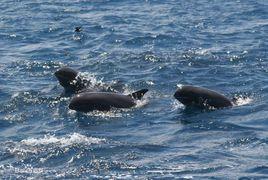
Feresa attenuata
Feresa attenuata,Pygmy Killer Whale, Orque pygmée,Orca Pigmeo,Delphinus intermedius,Small killer whale, small orca, small killer whale
The pygmy killer whale is also known as the pygmy killer whale. It is an ani···
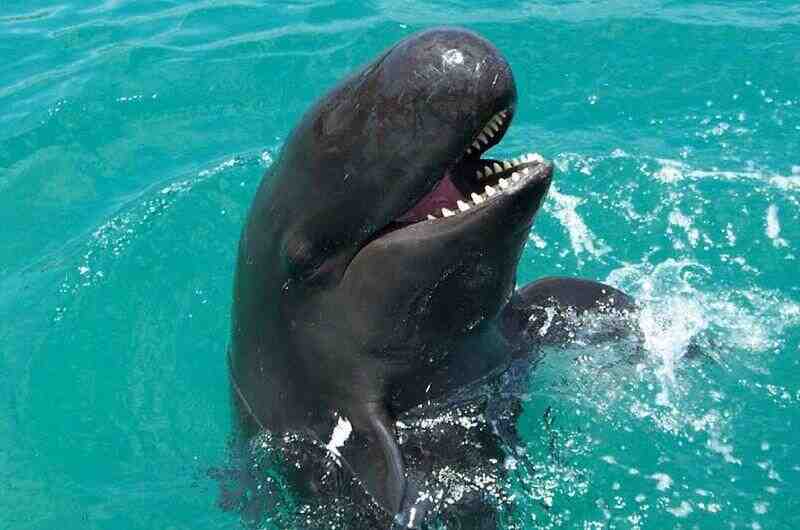
Pseudorca crassidens
Pseudorca crassidens,False Killer Whale, Faux-orque,Orca Falsa,Phocaena crassidens Owen,Black whale, false killer whale, false pilot whale, false killer whale
False killer whale is the only species in the genus False killer whale of th···

Orcinus orca
Orcinus orca,Killer Whale, Orca,Epaulard, Orque, Espadarte, Orca,Orca assassina, killer whale
Killer Whale is the largest species in the dolphin family, and there is no s···
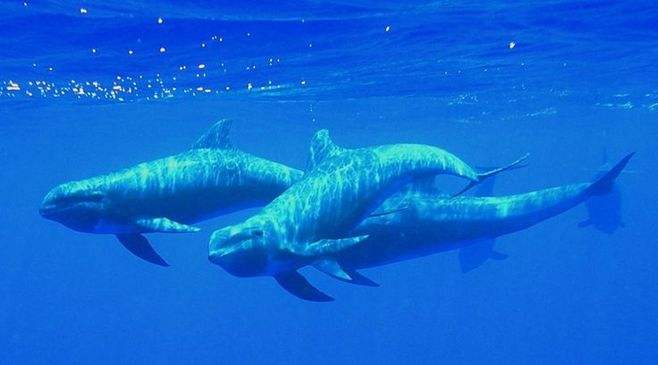
Peponocephala electra
Peponocephala electra,Toothy melon-headed whale, melon-headed dolphin
Melon-headed whale, also known as Melon-headed whale, has no subspecies. Its···
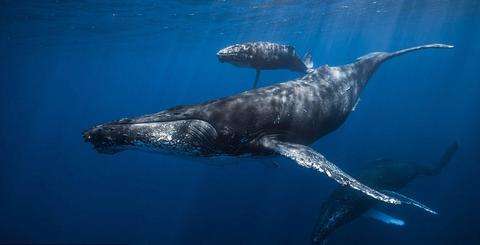
Megaptera novaeangliae
Megaptera novaeangliae,Humpback whale,Humpback whale, humpback whale, saw-armed whale, saw-armed whale
Humpback whale is not the largest whale in the world, but it is also a well-···
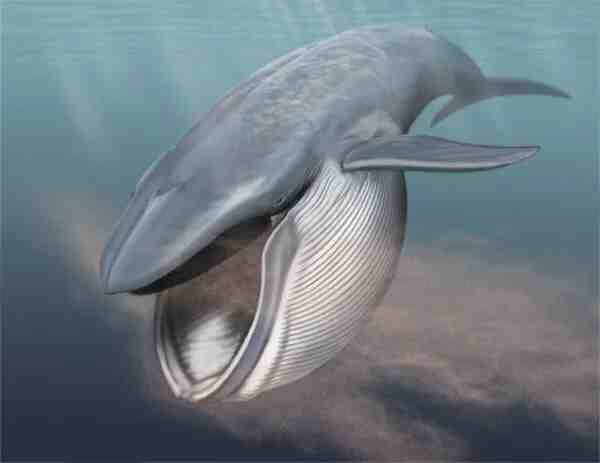
Balaenoptera physalus
Balaenoptera physalus,Fin Whale,Finback whale, baleen whale, razorback whale, herring whale, fin whale
Fin whales are one of the fastest whales, with a speed of up to 37 kilometer···

Balaenoptera omurai
Balaenoptera omurai,Omura whale
Omura's whale is a medium-sized whale that looks very similar to a fin w···
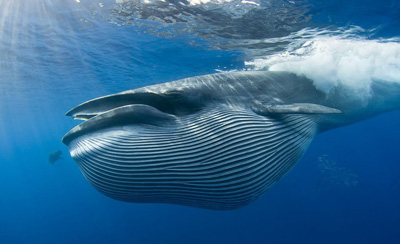
Balaenoptera brydei
Balaenoptera brydei,Bryde's whale,Anchovy, Pseudomonas auratus
Bryde's whale, also known as Bryde's whale in English, has no subspe···
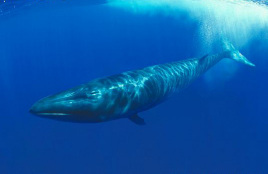
Balaenoptera borealis
Balaenoptera borealis,Sei whale, baleen whale, northern baleen whale, great baleen whale, cod whale
Sei whales are called Sei whales in foreign languages and have two subspecie···
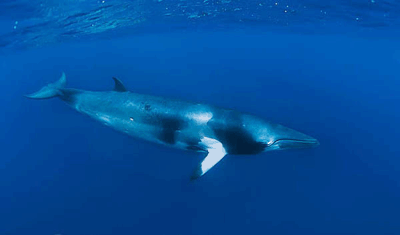
Balaenoptera acutorostrata
Balaenoptera acutorostrata,Minke Whale、Common Minke Whale,Minke whale, Sharp-billed whale
Minke Whale has two subspecies and is a small baleen whale of the genus Myst···
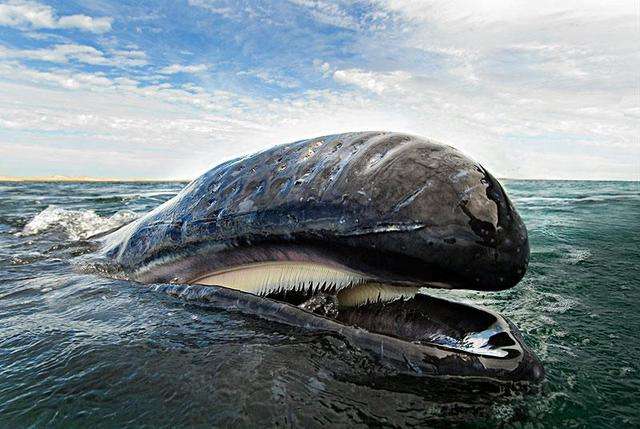
Eschrichtius robustus
Eschrichtius robustus,gray whale,Whale killer, shell digger, weak whale
Gray whale is also known as gray whale in English. Its body circumference is···
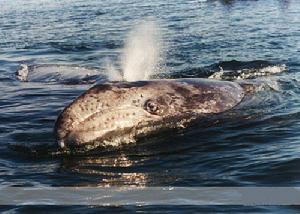
Eubalaena japonica
Eubalaena japonica,North Pacific right whale, black right whale, black right whale
The North Pacific right whale has no subspecies.For a long time, cetaceans b···
